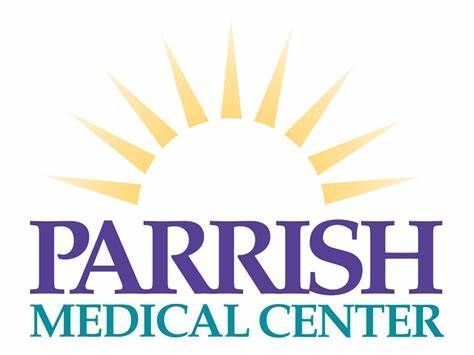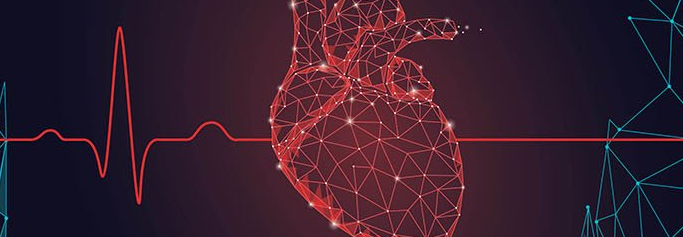Arrhythmias and COVID
This is a subtitle for your new post
There has been much speculation around the effects of certain medications in relation to the novel coronavirus, as well as the effects that, not just the medications, but certain heart conditions may have on the disease. The topic is particularly worrisome for those with heart disease and, more specifically, for individuals with heart arrhythmias.
What are the cardiac risks of the medications used to treat COVID-19?
There are several therapies being used to treat the virus infection known as COVID-19, including the medications Chloroquine, Hydroxychloroquine and Azithromycin. All these medications can change the potassium currents in the heart, which can cause prolongation of the QT interval. The QT interval is a measurement made on an electrocardiogram used to assess some of the electrical properties of the heart. When the QT interval gets too long, there is a risk for life-threatening arrhythmias.
Some patients can be started on these medications and have minimal changes in their QT interval. However, some patients who start these medications may have very dramatic changes in their QT interval, making them at higher risk of dying suddenly. The treating physicians will properly assess each patient to determine if these medications can be safely administered, particularly if they are not remaining under hospital care. For patients admitted to the hospital, the QT interval is monitored continuously so that dosages can be changed if the QT interval becomes too prolonged.
There are also anti-viral drugs that are currently under clinical trials in the United States. We do not yet know the
cardiac toxicities, if any, in these new medications.
I have a pacemaker, am I at increased risk of contracting coronavirus?
Let’s discuss two separate risks here.
Risk of becoming infected:
Thus far, exposure to other infected individuals, breathing in droplets or aerosols (particles floating in the air), and touching contaminated surfaces and then touching your face are the only routes described of becoming infected.
Risk of more severe disease symptoms requiring hospitalization, ICU-level care and increased risk of death:
With the current available data, patients with hypertension, diabetes, coronary artery disease, heart failure and “heart disease” (a generic term for other cardiac-related problems) have been identified as being at higher risk of requiring hospitalization, ICU-level care and higher risk of passing away, if they become infected.
While the specific presence of a pacemaker has not been identified as posing an increased risk of a more complicated disease course, presence of “heart disease” by some authors would likely include patients with pacemakers. Therefore, at this time I would say yes, there is an increased risk of a more complicated disease course if you have a pacemaker.
Will I have complications with my pacemaker/defibrillator if I get COVID-19?
Pacemakers and defibrillators will continue to work without issues if you would become infected. A small portion of patients with pacemakers might need a device setting change, giving them a faster heart rate if they are critically ill and trying to recover from the infection.
Does having atrial fibrillation (AFib) put me at a higher risk if I become infected with the coronavirus?
The short answer is, possibly. Based on data published in The Lancet (Epidemiological and Clinical Characteristics of 99 cases of 2019 novel coronavirus pneumonia in Wuhan, China: a descriptive study), patients with the following diagnoses were more likely to die from COVID-19:
- cancer (5.6% fatality rate)
- hypertension (6.0% fatality rate)
- chronic respiratory disease (6.3% fatality rate)
- diabetes (7.3% fatality rate)
- cardiovascular disease (10.5% fatality rate)
The term “cardiovascular disease” is broad and encompasses a wide range of diagnoses from coronary artery disease, valvular heart disease, congenital heart disease and arrhythmias (which would include atrial fibrillation). Data that was specific to arrhythmias or atrial fibrillation, however, has not yet been published.





